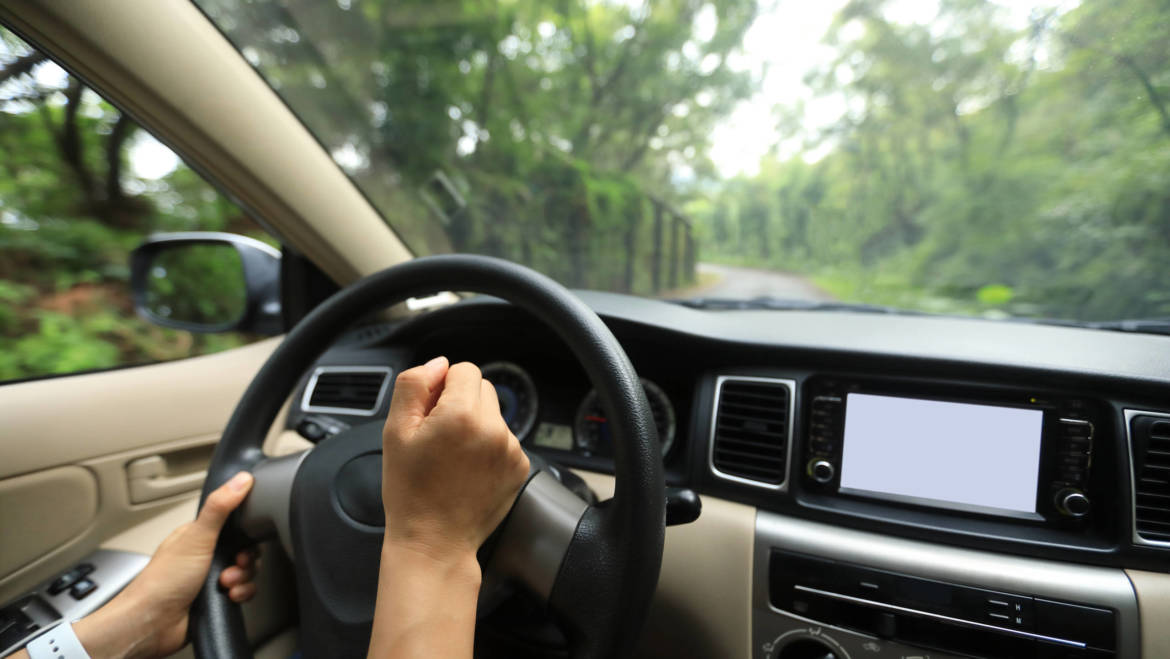Understanding Auto Insurance in Pennsylvania
At Richard Pitts Insurance, we do more than just help drivers get car insurance. We want to help you pick the right policy with the right coverage so you can feel comfortable that you and your loved ones are protected moving forward.
Part of the way we do that involves helping people understand car insurance in Pennsylvania in the first place. We’ll show you how it works, what it does and, more importantly, what it doesn’t do.
Here are general descriptions of basic auto insurance concepts, and the minimum coverage requirement Pennsylvania has. It’s not intended to describe every condition and exclusion of your insurance policy. Consult with your agent to talk about your particular needs.
Pennsylvania is a No Fault state
As a No Fault state, Pennsylvania requires you to have Personal Injury Protection (PIP). This provides medical coverage for you and your passengers if there’s an accident, no matter who was at fault.
This is different from Liability coverage, which covers bodily injury and property damage that you cause to another driver or their passengers when you’re at fault.
Understanding your Pennsylvania Auto Insurance Limits
The terms “auto insurance limits” and “coverage limits” refer to the maximum amount an insurer will pay in the event of a loss that is covered under your insurance policy.
The higher the limit, the more the insurer will pay in the event of an accident. You’ll pay less out of pocket, but your insurance policy will cost more. Carrying lower limits can reduce your premium payments, but it comes with some risk. With lower limits, you’ll be responsible for higher out-of-pocket costs in the event of an accident.
Don’t worry – it’s not as complicated as it sounds. Balancing financial risk and the cost of your insurance policy is a personal decision based on your own unique needs.
Consider aspects like the value of your car and the amount that you’re comfortable spending in the event of an accident or even a total loss. Your ability to pay for medical expenses for yourself or another party in the unfortunate case of an accident that causes injuries should also be an important factor when thinking about how much coverage you need.
Each state has different coverage limits and requirements. Those limits are usually referring to the “per-person” and “per-accident” limits for bodily liability coverage. They also include the property damage liability limit. So what is your insurance legally required to cover in Pennsylvania?
PA Auto Insurance minimum requirements
Pennsylvania law requires that you carry Bodily Injury Liability limits of at least $15,000 per-person and $30,000 per-accident. You also must have Property Damage liability limits of at least $5,000. As a No Fault State, Pennsylvania requires you to have at least $5,000 of Personal Injury Protection per-person on your insurance policy. In addition to coverage, you have the option of full or limited tort when you pick your policy.
Insurance professionals sometimes short-hand how much your policy covers for easy reference. For example, an insurance policy with the Pennsylvania minimum limits will be shown as 15/30/5. These numbers indicate the coverage limits for the insurance policy in thousands of dollars.
In the Pennsylvania state minimum example, those numbers represent the $15,000 bodily injury liability per-person, $30,000 bodily injury liability per-accident and $5,000 for property damage liability per-accident coverage.
So what do all of those coverages mean? Here’s some basic information regarding those coverage limits for Pennsylvania car insurance:
-
Bodily Injury to Others
This protects you against legal liability for the accidental injury or death of others (excluding your passengers) caused by the operation of your car. You’re required to be covered up to a basic limit of $15,000 per-person and $30,000 per-accident by your car insurance in Pennsylvania.
-
Personal Injury Protection (PIP)
This pays for medical costs for you and your passengers in the event of an accident. It doesn’t matter which driver was at fault. PIP also covers rehabilitation, replacement services and even lost wages. In Pennsylvania, you’re required to carry a minimum coverage limit of $5,000.
-
Bodily injury caused by uninsured or underinsured motorist
If you, a household member or one of your passengers is struck by an uninsured motorist, this coverage pays for the medical bills. Underinsured auto coverage pays for medical bills in the event the at-fault motorist’s insurance is insufficient to pay your claim.
Both uninsured and underinsured auto coverage must be offered to you by PA law, but you are not obligated to have these coverages and may choose to decline them. If you choose these optional coverages, there’s a minimum limit of $15,000 per-person and $30,000 per-accident. -
Property Damage
This pays for damage to another person’s property when you, a household member or another authorized driver cause an accident. Typically, this will be another person’s vehicle. You need at least $5,000 of coverage to meet the Pennsylvania minimum insurance limits.
-
Full/Limited Tort
In Pennsylvania, you have the option of choosing between full or limited tort coverage. Tort is your ability to sue another at-fault driver for certain damage like pain and suffering. Full tort policies cost more, but give you unrestricted rights to sue. Limited tort coverage policies are less expensive, but you won’t be able to sue for damages unless injuries are severe enough, as defined by Pennsylvania law.
Major Types of Optional Auto Insurance Coverage
For your Pennsylvania car insurance needs, you’ll have additional coverage options to choose from. Here are just a few of the more common optional coverages our customers in Pennsylvania buy:
- Comprehensive coverage protects your car from damage NOT related to a collision with another vehicle. This includes things like natural disasters and storms, fires, vandalism damages caused by hitting an animal and more.
- Collision insurance covers the cost to repair or replace your car after a collision with another vehicle or stationary object. Collision only covers damage to your car or someone else’s car that you are operating with permission of the owner.
It does not cover the damage you cause to other vehicles, however. You’ll need property damage liability coverage in that case. Mechanical breakdowns and wear and tear are not covered by Collision, either. - Uninsured and underinsured motorist coverage protects you, anyone you let drive your car, household members and passengers against losses caused by an uninsured or underinsured driver.
Uninsured drivers are those without insurance, and this also covers unidentified (“hit and run”) drivers as well. An underinsured driver is one who has liability insurance, but not enough to cover your injuries. - Coverage for substitute transportation helps you get around while your car is being repaired from a Collision or Comprehensive claim. We offer rental limits ranging from $15 per day/$450 maximum up to $100 per day/$3,000 maximum.
- Coverage for medical payments beyond the mandatory PIP requirement takes care of reasonable expenses for necessary medical and funeral services incurred by anyone occupying your vehicle as a result of an accident, or incurred by you and any household member if struck by an auto or while occupying someone else’s auto at the time of an accident. We offer limits ranging from $1,000 up to $25,000.
- Loan/lease gap insurance covers you in the case if you’ve totaled your car to the point where the cost of repairing it exceeds its actual cash value, but you’re still making payments.
Collision and Comprehensive coverages pay no more than the actual cash value of your vehicle just before the accident occurred. Sometimes, you might owe more than that on your loan or lease.
For a covered Collision or Comprehensive loss, loan/lease coverage will pay the difference between the actual cash value of your car and the remaining balance on your loan or lease so that you can free yourself from this financial burden and get you back on the road as quickly as possible.
As always, if you have any additional questions about how Pennsylvania car insurance works or if you’d just like to sit down and speak to someone about your own situation in more detail, please don’t delay.
Blog Credit to Our Partners: Plymouth Rock Insurance

